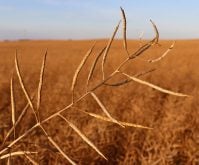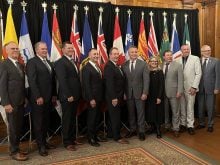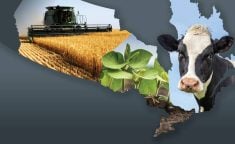Manitoba’s general farm organization says a change to education funding could disproportionally affect farmers in the province.
Manitoba’s new provincial government announced February 1 they were reinstating the ability of school trustees to raise property taxes, alongside new provincial money for schools.
That could mean higher costs for Manitoba farmers, and that’s troubling to the Keystone Agricultural Producers. They’ve long claimed the province’s farmers pay more than their fair share of education costs.
Read Also

VIDEO: Manitoba’s Past Lane – Jan. 31
Manitoba, 1946 — Post-war rations for both people and cows: The latest look back at over a century of the Manitoba Co-operator
KAP president Jill Verwey said Manitoba farmers support a well-funded education system that ensured the next generation of Manitobans have access to a quality education — but added the cost of that education needed to be fairly shared.
“As the funding model is currently structured, any increase to local property tax rates would disproportionately impact Manitoba producers, given the significantly higher amount of property tax they pay than the average single dwelling resident,” she said. “KAP urges all local school boards to consider this factor when they make any decisions to change the local levy on property in their respective communities.”
The issue of taxes on farmland has been a longstanding bone of contention for KAP, who celebrated a partial victory in 2021 when the former government announced it was phasing out education taxes levied on property.
Education Minister Nello Altomare told a press conference at a school in Winnipeg the province would be maintaining the property tax offset grant at the same level as last year, but was lifting the ban on local rate increases.
“School divisions right now will be able to go to local ratepayers and talk to them about their local levy,” Altomare told reporters. “We trust (them) to make the choices that will impact positively their community.”
In total, divisions will receive an additional $93.4 million in additional operating funding for the coming school year.
















